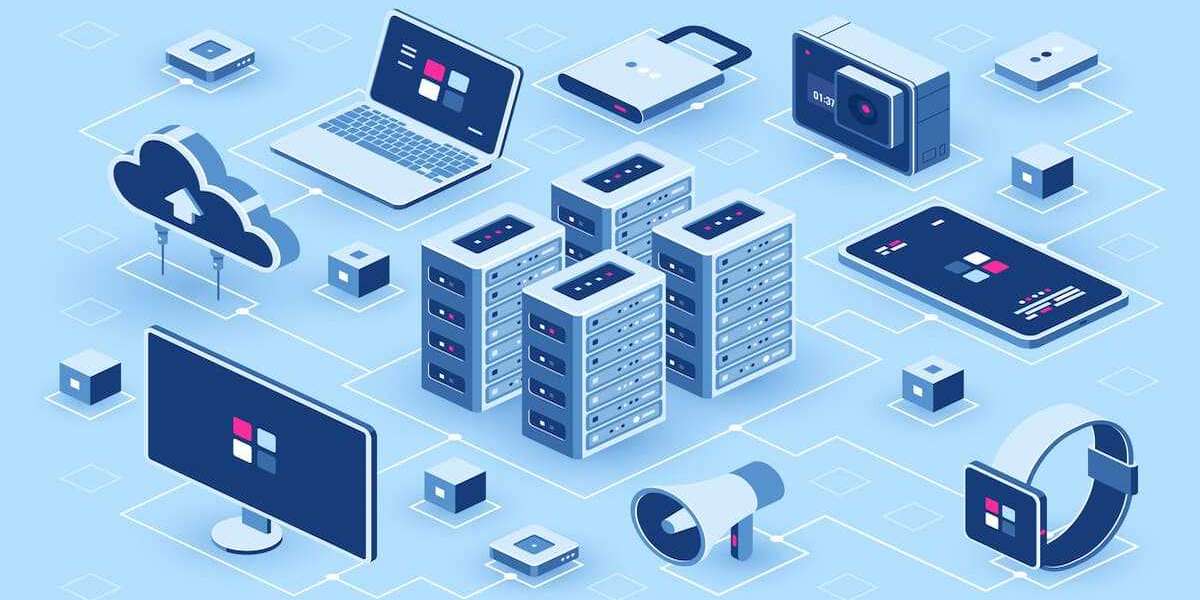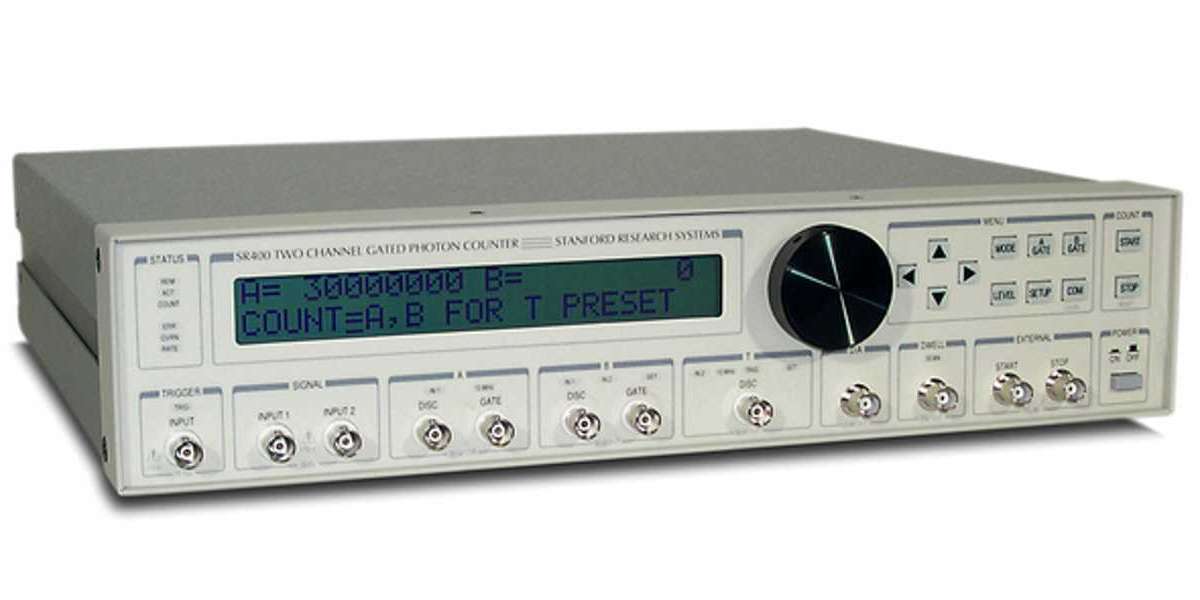This article explores the impact of AI recruiting software, its benefits, potential drawbacks, and the best tools available today. By the end, you’ll have a clear understanding of how AI can enhance recruitment and how to effectively implement it in your business.
What is AI Recruiting Software?
AI recruiting software is an artificial intelligence-based solution that automates and improves various stages of the hiring process. Whether it's sourcing candidates, screening resumes, or conducting assessments, AI can handle tasks traditionally managed by HR professionals with far greater speed and accuracy.
Key Functions of AI Recruiting Software
- Candidate Sourcing: AI can identify suitable candidates by scanning job boards, social media, and professional networks.
- Resume Screening: It filters resumes based on predefined criteria, such as experience, skills, and qualifications.
- Interview Scheduling: AI automates the often time-consuming process of scheduling interviews.
- Candidate Matching: AI analyzes candidate profiles and job descriptions to match the most qualified candidates to open positions.
- Predictive Analytics: AI forecasts which candidates are likely to excel in a role based on data and patterns.
The Advantages of AI Recruiting Software
Adopting AI recruitment software comes with several advantages that can significantly improve the quality and speed of the hiring process.
1. Faster Time-to-Hire
One of the most significant benefits is the speed at which AI works. It can quickly process vast amounts of candidate data, reducing the time it takes to move through the hiring funnel.
2. Improved Accuracy in Candidate Matching
AI software is highly effective at matching candidates to specific job roles by analyzing resumes and other data points. This precision can lead to better hiring decisions and improved job performance down the line.
3. Enhanced Candidate Experience
AI-powered recruiting platforms often offer a seamless experience for candidates, keeping them engaged and informed through the process. Automated updates and personalized communication improve the overall impression of your organization.
4. Reduction in Hiring Bias
AI focuses purely on skills and qualifications, helping to minimize unconscious bias that might occur during human evaluations. This ensures that decisions are based on data and performance, not personal preference.
5. Cost-Effective Recruiting
By automating manual tasks like resume screening, AI recruiting software can reduce the workload for HR teams, allowing them to focus on more strategic tasks. This efficiency can lead to significant cost savings.
Potential Drawbacks of AI in Recruitment
While AI recruiting software offers many benefits, it’s essential to recognize some of its limitations and challenges.
1. Data Privacy and Compliance
AI systems require access to large amounts of personal data, which could raise concerns regarding privacy and compliance with data protection laws such as GDPR. Proper measures must be in place to safeguard candidate information.
2. Risk of Algorithmic Bias
Although AI is designed to reduce human bias, it can inadvertently replicate biases present in the data it was trained on. Regular monitoring and adjustments are needed to ensure fairness in hiring practices.
3. High Initial Costs
For smaller companies, the initial investment in AI recruiting software may seem steep. However, the long-term savings and efficiency improvements can justify the upfront costs.
Top AI Recruiting Tools to Consider
Several AI-powered recruiting platforms are available, each offering unique features to optimize different stages of the hiring process.
- HireVue: A video interview tool that uses AI to evaluate candidates’ verbal and non-verbal cues.
- Pymetrics: Uses neuroscience-based games to assess candidates' soft skills and match them with suitable roles.
- Entelo: Automates candidate sourcing and outreach, making it easier to find and engage top talent.
- SeekOut: An AI tool designed for diversity hiring, helping organizations find underrepresented candidates.
The Future of AI Recruiting
AI recruiting software is still evolving, and future developments promise even more exciting features and improvements. Here are some trends to watch:
1. More Personalization
As AI becomes more advanced, we can expect a higher degree of personalization in recruiting. For example, AI could tailor job recommendations for candidates based on their career trajectory, skills, and preferences.
2. Focus on Diversity and Inclusion
AI is increasingly being used to promote diversity in hiring by identifying and removing biased language from job descriptions and ensuring an objective evaluation of all candidates.
3. Predicting Employee Retention
AI tools are getting better at predicting not only which candidates will perform well but also who is likely to stay with the company for the long term, reducing turnover rates and associated costs.
How to Successfully Implement AI Recruiting Software
Successfully integrating AI recruiting software into your HR operations requires careful planning. Here are some steps to ensure a smooth transition:
1. Assess Your Needs
Before choosing a solution, determine which parts of your recruitment process could benefit most from AI. Are you looking to speed up resume screening, improve candidate assessments, or reduce hiring bias?
2. Choose the Right Software
Evaluate AI recruiting platforms based on your specific needs, budget, and the size of your organization. It’s essential to select a tool that aligns with your goals and offers scalable features.
3. Train Your Team
HR teams must be trained on how to use the new AI tools effectively. Understanding the technology and how it fits into their daily workflow is crucial for maximizing its benefits.
4. Monitor and Adjust
Regularly evaluate the effectiveness of the AI software by tracking performance metrics like time-to-hire, candidate satisfaction, and diversity. Adjustments may be necessary to fine-tune the system for your specific requirements.
Conclusion
AI recruiting software is transforming the way companies hire, offering speed, efficiency, and accuracy that traditional methods can’t match. While it’s not without its challenges, the benefits of faster hiring times, reduced bias, and improved candidate matching make it a game-changing tool for businesses of all sizes. By carefully selecting and implementing AI tools, you can create a more efficient, cost-effective, and inclusive recruitment process.
FAQs
1. How does AI recruiting software improve the hiring process?
AI recruiting software automates time-consuming tasks like resume screening, sourcing candidates, and scheduling interviews, speeding up the hiring process and improving efficiency.
2. Can AI software eliminate all bias in hiring?
While AI can reduce bias, it’s not a perfect solution. The system must be regularly monitored to ensure that biases in the data don’t influence decisions.
3. Is AI recruiting software expensive?
There are initial costs, but over time, AI recruiting software can save money by reducing the need for manual work and shortening the time-to-hire.
4. Which industries benefit the most from AI recruiting software?
Any industry can benefit, but sectors with high-volume hiring, such as retail, healthcare, and technology, may see the greatest improvements.
5. Can AI predict which candidates will stay long-term?
Yes, AI tools are becoming increasingly sophisticated in using data to predict employee retention and performance, helping businesses reduce turnover.








